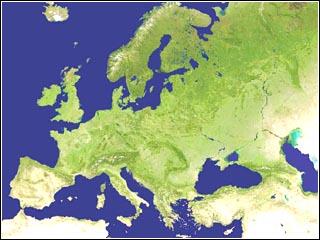
Which countries are best prepared for the future of production?
By: EBR | Friday, January 19, 2018
As the Fourth Industrial Revolution (4IR) gathers momentum, spurring the development of new techniques and business models that will fundamentally transform production, decision-makers across government, industry and society are confronted by a new set of uncertainties

Life in 2018, as predicted by people in 1918
By: EBR | Friday, January 12, 2018
People in the early 20th century were hopeful about the future innovation might bring
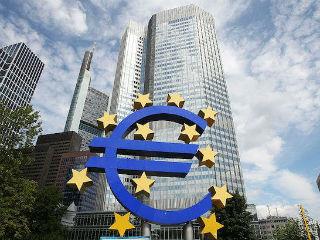
A three-step plan for a better European Monetary Fund
By: EBR | Monday, January 8, 2018
The European Commission’s ESM reform plans are so one-sided that they can only exacerbate the Eurozone’s existing problems and deepen the gulf between creditor and debtor states, writes Clemens Fuest

Climate change is going to drive thousands of refugees to cooler countries
By: EBR | Monday, January 8, 2018
By the end of the century, climate change may drive 660,000 additional asylum seekers per year toward Europe. Growing mass migration is only one of the social and environmental consequences of increasing temperatures

Will GDPR block Blockchain?
By: EBR | Saturday, January 6, 2018
As someone who has worked in data policy and data protection for 20 years, I read privacy policies for a living
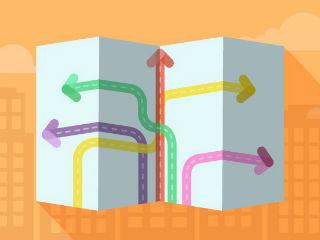
A leading economist has a plan to heal our fractured societies
By: EBR | Wednesday, January 3, 2018
We live in increasingly divided societies, in which the social contracts that bind us are fraying. One driver is globalisation, which has intensified competitive pressures. Another is technology, which has increased the returns to highly skilled labour, and exacerbated inequality
Google and the Birth of a Digital God?
By: EBR | Wednesday, January 3, 2018
A question that not only science fiction lovers should ask is: What future do we want to live in?

Greece stands at a crossroad in its history
By: EBR | Wednesday, January 3, 2018
The Greek economic crisis and the inherent weakness of our country, is a result of reckless behavior mostly on the part of the governments, especially on the fiscal front, but also the very strong tendency to consume, and a very weak propensity to produce

The militarization of social media: strategies and challenges
By: EBR | Wednesday, January 3, 2018
Social media is a nearly ubiquitous aspect of everyday life, with political and social implications that societies are only now starting to approach.

A resolution a month for 2018
By: EBR | Friday, December 29, 2017
How we will reinvigorate trust this year

2018 will be a milestone for Greece and the Greek economy
By: EBR | Friday, December 22, 2017
According to the latest figures, Greece's economy has been developing for the first time in the last three quarters

5G: China’s Dream to Dominate World Technology
By: EBR | Wednesday, December 20, 2017
The China threat and the U.S.-European convergence of interests
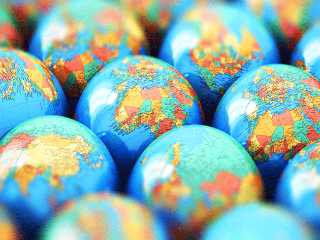
Deconstructing Globalization
By: EBR | Wednesday, December 20, 2017
The anthropological dimension of why we blame “globalization” for our own, very human lack of proper action and understanding

Chinese waste ban ‘wake-up call’ for European recycling
By: EBR | Monday, December 18, 2017
The EU has a trash problem. It used to ship 60% of plastics and 13% of paper collected for recycling to China, but Beijing has decided to curb its appetite for foreign waste
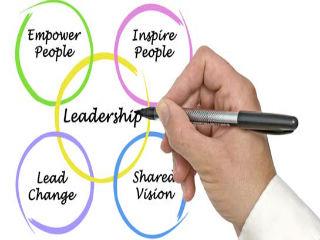
Choose Your Leadership Style
By: EBR | Monday, December 18, 2017
Team leadership style doesn’t have to be a personality trait; it can be chosen
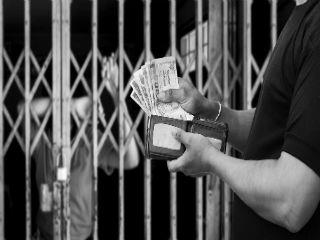
EU countries must do more to address human trafficking
By: EBR | Monday, December 18, 2017
Trafficking in human beings, also known as THB, is the selling and buying, like commodities, of women and men, girls and boys, with the purpose of exploiting them
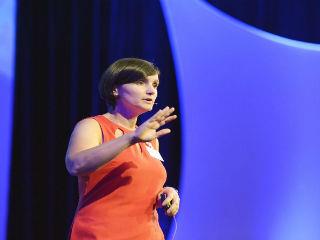
Statoil VP: ‘Natural gas has a home in the zero-carbon world’
By: EBR | Monday, December 18, 2017
Europe can decarbonise its industry thanks to a combination of natural gas, hydrogen and carbon capture and storage technology, Statoil executive Sonja Chirico Indrebø told EURACTIV Slovakia in an interview
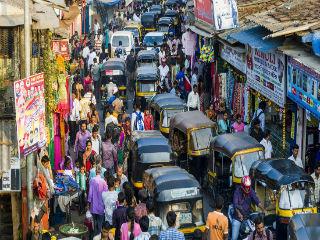
Democratic, innovative and secure: how India can shape the future of the internet
By: EBR | Friday, December 15, 2017
India is fast becoming the indispensable nation of cyberspace. The Indian market could decide the future of many technology giants. As such, she can be seen as a policy pioneer

Four myths about corruption
By: EBR | Friday, December 15, 2017
Corruption is sometimes portrayed as a “cancer” in society
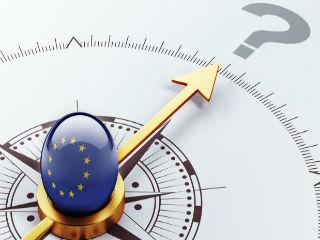
These 5 big ideas could secure Europe’s future
By: EBR | Friday, December 15, 2017
A year ago, Europe woke to a big shock. Donald Trump had been elected president of the United States. The polls hadn’t seen it coming. They hadn’t seen Brexit coming either



 By: N. Peter Kramer
By: N. Peter Kramer